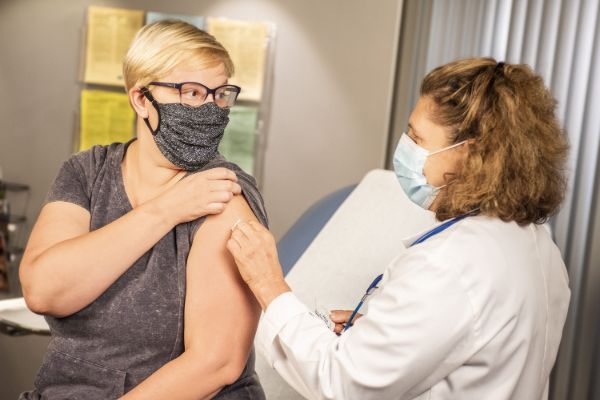Washington, D.C. – Cigarette smoking has been a significant contributor to 14 major health conditions of Americans every year.
Despite successful efforts of smoking cessation, cigarette smoking still remains one of the leading causes of serious health conditions, diseases, disabilities, and even death in the United States. The major health conditions of Americans caused by smoking include chronic illnesses like diabetes, cancer, heart, and lung diseases that need urgent care and treatment.
The Food and Drug Administration (FDA) conducted a study recently, revealing nearly 14 million major health conditions diagnosed among American adults were attributed to smoking. Any health condition, whether serious or otherwise will require visits to urgent care clinics or other health facilities.
Health conditions related, attributed, and caused by smoking remain immense in the US, while updates indicate that Chronic Obstructive Pulmonary Disease (COPD) could be underreported substantially in survey data according to Doctor Brian Rostron of the FDA’a Center for Tobacco Products.
 FDA researchers gathered data from 2006 to 2012 through the National Health Interview Study (NHIS), as well as the 2009 Census Bureau, and the National Health and Nutrition Examination Survey (NHNES). The NHIS data indicated that from 6.9 million adults, 10.9 million health conditions were attributed to smoking. The data were combined with the NHNES data, gauging COPD prevalence, and that patients who were diagnosed would need a sort of an urgent care near me facility.
FDA researchers gathered data from 2006 to 2012 through the National Health Interview Study (NHIS), as well as the 2009 Census Bureau, and the National Health and Nutrition Examination Survey (NHNES). The NHIS data indicated that from 6.9 million adults, 10.9 million health conditions were attributed to smoking. The data were combined with the NHNES data, gauging COPD prevalence, and that patients who were diagnosed would need a sort of an urgent care near me facility.
The findings also indicated that adults suffered from a combination of 14 million major health conditions of Americans in 2009. COPD has been prevalent, although cigarette smoke causes harm to almost all body organs and systems, estimating 7.5 million health cases associated with smoking.
Doctor Steven Schroeder of the University of California said the data from Dr. Rostron should be a wake up call in controlling tobacco use. Schroeder added that, smokers need help in quitting, while preventing others from initiation of tobacco use. These are the twofold public health priorities.
Schroeder emphasized that an urgent care clinic should be implemented, although the tobacco control has become a major health triumph for the past 50 years, considering nearly one billion smokers worldwide. Thus, Rostron’s article is only a reminder of the unfinished work.
The Centers for Disease Control and Prevention (CDC) provided data, indicating that 443,000 individuals in the US die every year due to cigarette smoke and second-hand exposure. For every individual who dies because of smoking, another 30 people suffer from a serious smoking-related disease. All data boils down to major health conditions of Americans mainly caused by tobacco use.
